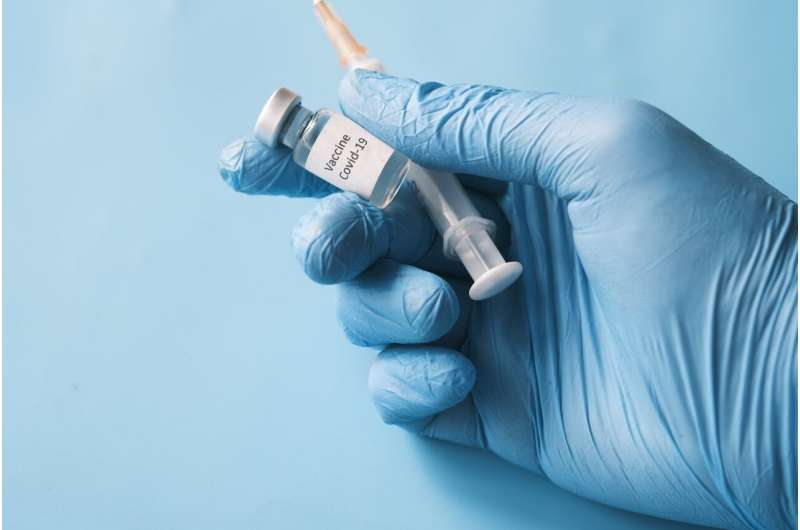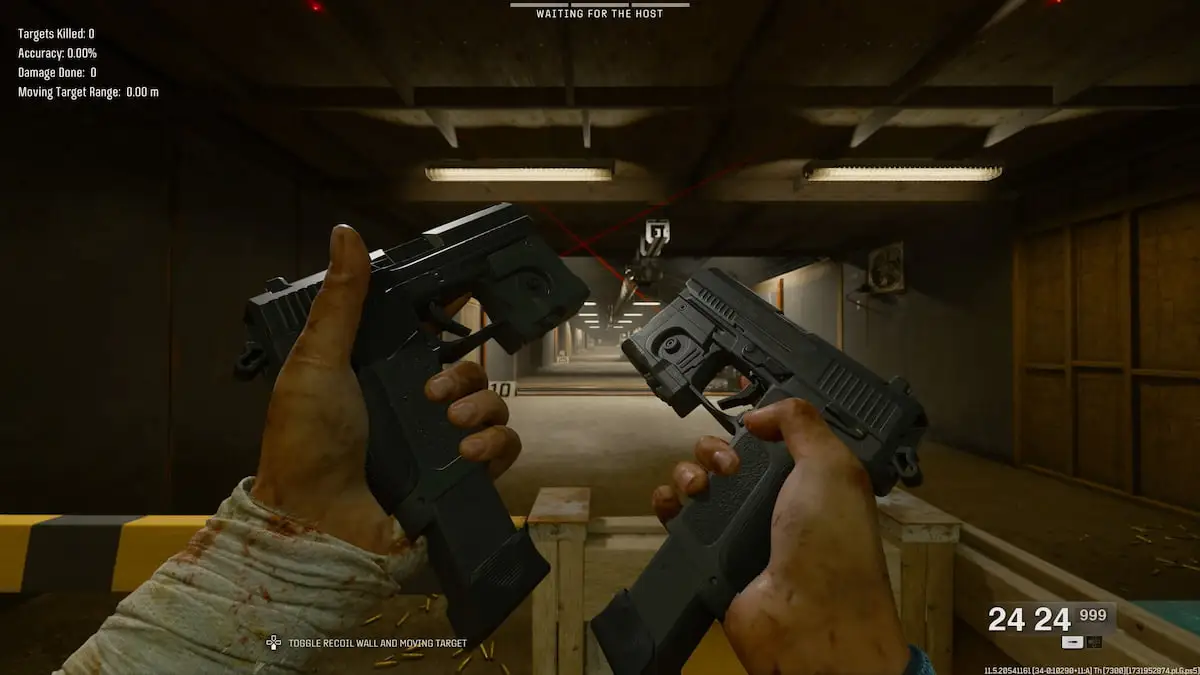
Credit: Towfiqu barbhuiya from Pexels
New research published in The Lancet Regional Health-Americas from the University of Alabama at Birmingham School of Education and Human Sciences, College of Arts and Sciences, and Heersink School of Medicine found that the rollout of the COVID-19 vaccine in the United States was associated with decreased anxiety and depression rates among adults.
However, some groups—including Black Americans, non-Hispanic persons of color and lower-income adults—experienced worsened mental health after certain vaccine rollout phases.
Lead author of the paper, “Impact of phased COVID-19 vaccine rollout on anxiety and depression among US adult population, January 2019–February 2023: a population-based interrupted time series analysis,” and director of the UAB Community Counseling Clinic Yusen Zhai, Ph.D., says existing evidence already highlighted increased mental health issues among the U.S. population after the COVID-19 outbreak.
However, he says there was a noticeable lack of empirical evidence assessing the potential impacts of different phases of the COVID-19 vaccine rollout on mental health, particularly on a population level.
“The empirical evidence gleaned from this study suggests the disparate effects of the phased vaccine rollout on mental health across U.S. populations, underlining the need for careful planning in future strategies for phased disease prevention and interventions,” Zhai said.
Zhai and his team performed a U.S. population-based multi-intervention interrupted time series analysis through both Deep Learning and statistical approaches, analyzing four waves of the CDC’s Behavioral Risk Factor Surveillance System data (January 2019–February 2023) to assess changes in the weekly prevalence of anxiety and depression following all major COVID-19 vaccine rollout phases from 2020 to early 2023 while considering pandemic-related events.
The study provided robust findings identifying both positive and negative mental health outcomes related to this gradual, multi-phased COVID-19 vaccine distribution. Several COVID-19 vaccine rollout phases helped alleviate the mental health burden in the United States. Among the general U.S. adult population, anxiety and depression rates declined during specific phases of the rollout.
For example, vaccination prioritization for educational and child care workers led to a notable reduction in anxiety and depression, benefiting the child care workers but also caregivers and families.
A significant decrease in anxiety and depression also occurred following the booster shot rollouts for all adults, which provided broader protection, and alleviated fears associated with the variants. Additionally, authorizing vaccines for young children further alleviated the mental health burden among caregivers concerned about their children’s vulnerability and limited treatment options.
Notably, this study revealed that more Black/African Americans, non-Hispanic persons of color, and lower-income adults experienced worsened mental health following the initial vaccine rollout (i.e., Phase 1). Zhai says the increase in anxiety and depression among these groups can be attributed to a combination of historical mistrust, ongoing discrimination and the added pressures of economic hardship during the pandemic.
“Concerns about the vaccine’s safety and effectiveness were more pronounced in these communities, partly due to past experiences of being mistreated or misled by health care providers and authorities,” Zhai said. “This skepticism was exacerbated by the fast-paced development and distribution of the vaccine, making it harder for people to feel confident about getting vaccinated.”
The study also found that certain subgroups experienced significant reductions in anxiety and depression during specific phases of the COVID-19 vaccine rollout.
- Women: Women reported lower anxiety and depression levels across multiple vaccine rollout phases, including when vaccines became available to educational/child care workers, adolescents, and young children.
- Parents/caregivers: Individuals raising children saw improvements in mental health when vaccines were offered to educational/child care workers and young children.
- People with poor physical health: Those reporting poor physical health benefited from the rollout of booster shots.
Zhai says these findings serve as a reminder that public health officials should consider mental health alongside physical health during disease prevention efforts. This includes providing mental health resources, ensuring vaccine access, offering clear communication about prevention measures and strategies, and planning for shortages.
More information:
Yusen Zhai et al, Impact of phased COVID-19 vaccine rollout on anxiety and depression among US adult population, January 2019–February 2023: a population-based interrupted time series analysis, The Lancet Regional Health – Americas (2024). DOI: 10.1016/j.lana.2024.100852
Citation:
Harnessing deep learning, new research suggests phased COVID-19 vaccine rollout was a mixed bag for mental health (2024, August 12)
retrieved 19 August 2024
from https://medicalxpress.com/news/2024-08-harnessing-deep-phased-covid-vaccine.html
This document is subject to copyright. Apart from any fair dealing for the purpose of private study or research, no
part may be reproduced without the written permission. The content is provided for information purposes only.
Note: This article have been indexed to our site. We do not claim legitimacy, ownership or copyright of any of the content above. To see the article at original source Click Here













